Got Plugged-In Kids? You Better Read This
This post may contain affiliate links.
Even if your kids aren’t old enough to be plugged in, their friends might be and they will be eventually. Now is the time to influence their thinking, behavior and choices about technology and sex, says a new book, Parenting Plugged-In Teens: Becoming Their GPS in a Cyber-Sexual World by Elizabeth L. Clark, LPC.
My kids aren’t plugged-in yet but it’s a good time to think ahead and read this book.
Plugged In Kids Issue #1: P0rn
“Currently kids start watching p0rn around the age of eleven. Teen boys watch about twenty minutes of porn a day. About a third of teen girls have sent nude photos of themselves across the wireless waves. Young people under the age of twenty cannot distinguish the difference between porn-inspired sex and non-porn-inspired sex.”
The kids don’t realize that what they’re watching is not real to life, and the boys will try to imitate the myths it perpetuates: anonymous, fast, disconnected, degrades women, women always ready, always a blast.
Meanwhile, girls are seeing movies that shows them a kiss goes straight to sex.
Clark’s Advice: (for not freaking out)
“No matter religion, experience, or political bent almost every parent hopes his or her kid will go slow and be safe.”
“The most respectful and successful way to talk to kids about sex is to have a conversation about starting a future conversation about sex.”
“Listen carefully: All this must be said very, very causally, like you could care less.”
“Researchers have found that it doesn’t matter if you mindfully say wait until marriage or get on birth control, because anything you say mindfully will encourage your kid to slow down and be safer.”
Clark has more advice than this — which is why I loved the book so much.
Also, she says that dads need to step up. Dads, talk to your kids about this stuff – don’t leave it to mom. Dads, Clark recommends you watch this TED Talk: The Demise of Guys, Philip Zimbardo.
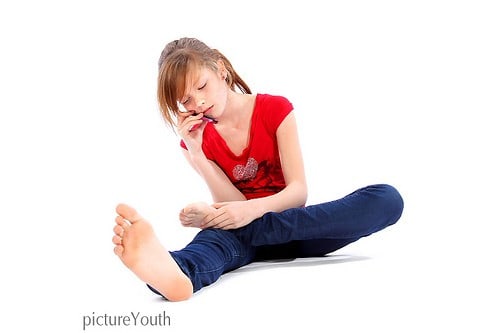
Plugged In Kids Issue #2: Sexting
Clark writes that “cyber sex sexting easier more frequent than in-person sexuality,” and that even if the girls say no, it is very difficult because the boys are “relentless.”
Clark’s Advice: (for not freaking out)
Explain to your kids that sexting photos are illegal because of child porn laws. Consequences for sexting? Being labeled a sex offender FOR LIFE. Also, remind kids that NOTHING is private.
Also, instead of freaking out, if your child tells you something shocking, instead say, “Huh.” Clark writes, “Huh is a secret code that scrambles the words in my head so teens cannot hear them.”
“Tell them you know about cyber-sex and sexting. Tell them you suspect that they and/or their friends have experienced these or might in the future. Tell them that you think they need information about these potentially damaging influences.”
“The main reason kids don’t ask us for help with problems arising from cyber-sex and sexting is because they will share nothing that might risk their technology being taken away from them.” (So don’t make that the consequence!)
“You can tell them what real sexuality is like.”
Clark gives lots of advice for helping boys and girls say NO. Phrases like, “I don’t cyber- sex so if you ask I will just block you.” Or, “I only kiss.” Or, “Dude, what are you doing?”
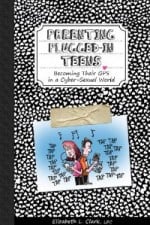 Clark’s Cyber Rules
Clark’s Cyber Rules
1. Make a zero privacy online rule. Parents get all passwords and will randomly check all electronic devices.
2. Parents won’t get angry if they tell us something about this.
3. Kids can’t meet anyone in person that they meet online.
4. Technology off by 10 p.m. and at meals.
The book’s author, Elizabeth L. Clark, LPC, has been counseling teens for twenty-five years, trying to unravel why teen sexuality has been so negatively impacted by their constant access to plugged-in technology. She has come to some simple and successful solutions on how to help teens navigate through the cyber-sexual landscape they have access to twenty-four hours a day. Solutions you’ll find in her book, Parenting Plugged-In Teens: Becoming Their GPS in a Cyber-Sexual World.


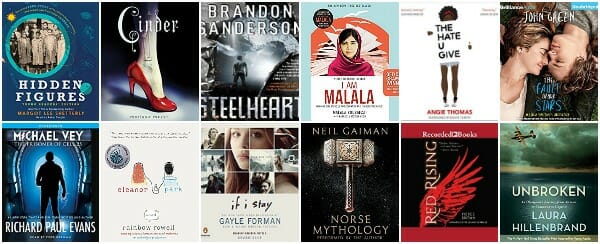

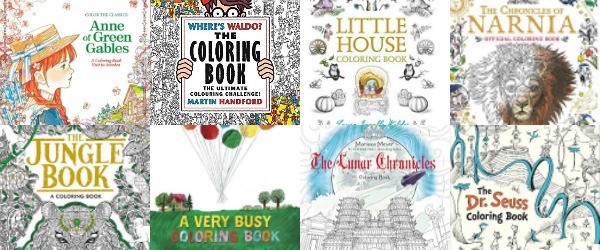
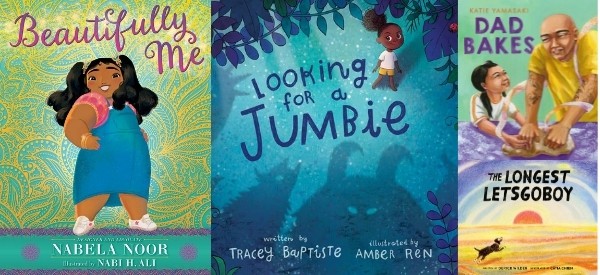

OMG. So helpful. Just had a conversation about drugs and kids and sex with a mom with kids a few years older than mine. And we are right to freak out; it’s a different world out there than when we were young. Thanks for the great advice. Will share this link!!
so different!!
This is really powerful information. I’ve been thinking a lot about it recently because of a google search I did where I happened upon a huge deluge of p0rn simply by typing in a name related to someone in that industry. The person I was looking for was completely different, but it made me think…how many times does this happen? I’ve had it happen a number of times, even with filters set fairly high on my computer. It also happens on cell phones now. In a way, it makes me feel old even though I’m only in my early 30’s, because as a teen this garbage was only accessible to adults and those with parents who didn’t keep things under lock & key.
I’m glad to see more information on these types of topics because as parents we need to be honest with ourselves and not just with our children. We can’t kid ourselves into thinking that if we set up filters and put passwords on things that they’ll grow up with every bit of their innocence intact. We do have to be actively involved in their education & lives and it’s nice to have resources like this one.
Thank you so much for the post Melissa! I’m definitely going to be reading Elizabeth’s book.
it happened to me, too with a search on creative commons – totally surprised me.
Thanks, Danielle.
Really important stuff! Just last Sunday a friend of mine, who is a coach at the high school, was saying that because he is a friend to a lot of kids and not a “parent” to them that they tell him a whole lot of stuff! He said a lot of it FREAKED him out and scared him right down to the soles of his feet. He mentioned that he knew that the parents did not know what the kids were doing and thinking and he was wondering if they were in denial or just not asking the questions of their kids? It is so important!! When I tell people about the kinds of things I have “casually” asked my kids, they look at me like I have two heads! I want to know! and I am the one that gets to hear all about it while they are left wondering why their kid has changed into a different person!
I think denial seems easier at first but in the long run, isn’t.